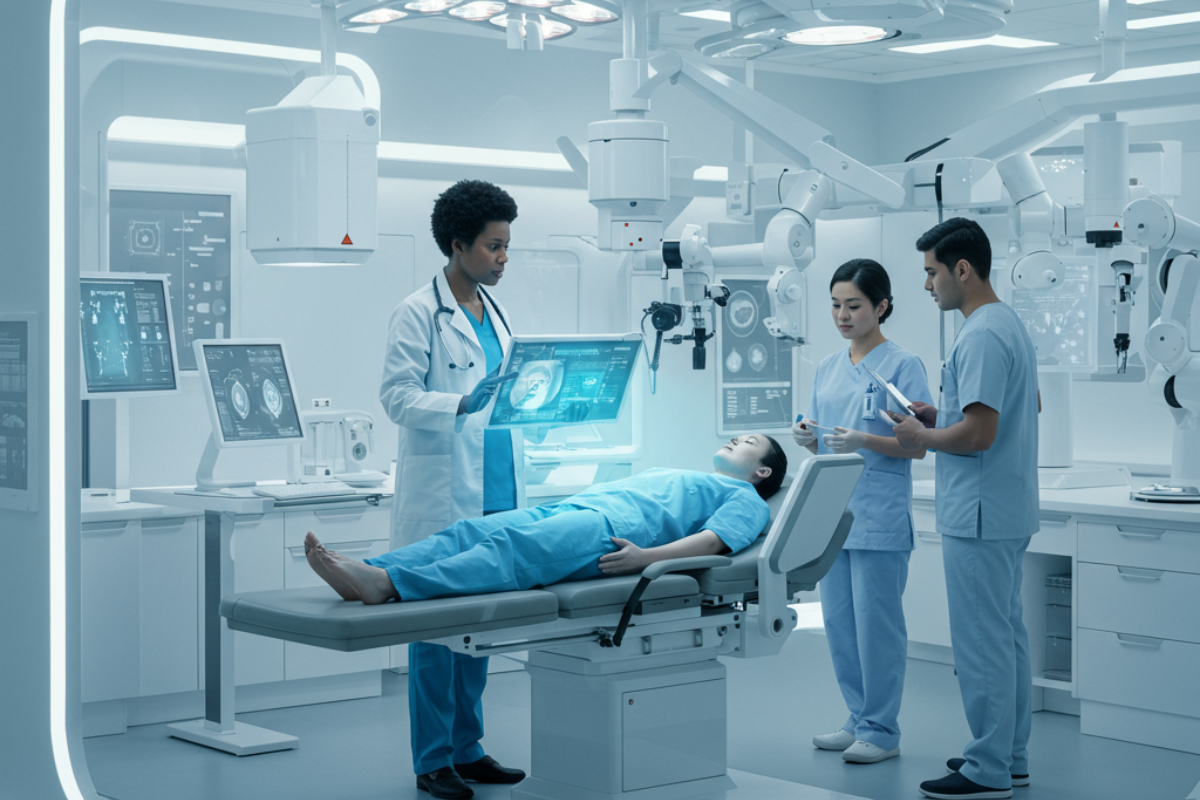October 13, 2025

In 2025, the price of hardware components like servers, workstations, and data storage devices has reached unprecedented heights. A major contributor to this surge is the explosive growth in artificial intelligence (AI) technologies, which require sophisticated hardware to process and analyze vast amounts of data. AI companies worldwide are snapping up high-performance GPUs and other critical components, creating a competitive scramble that drives prices upward.
Supply chain issues, some lingering from the pandemic era, continue to disrupt the steady flow of raw materials and finished products. These disruptions are compounded by increased operational costs, such as energy and logistics, which manufacturers pass on to buyers. Inflation also plays a role, raising the base cost of everything from microchips to memory modules.
For dental clinics, these global trends are more than abstract market forces, they directly impact the procurement and upgrade of essential IT infrastructure. As clinics increasingly rely on digital imaging, electronic health records, and secure telehealth platforms, understanding the forces behind rising hardware costs is the first step in adapting to the evolving landscape.
Artificial intelligence isn’t just transforming industries like finance and manufacturing, it’s rapidly making its mark in healthcare, including dentistry. AI-driven imaging systems, diagnostic tools, and patient management platforms are becoming standard in modern clinics. However, these advancements come with a catch: they require robust hardware capable of handling intensive computation.
As AI companies compete for top-tier components, dental clinics find themselves vying for the same hardware resources. This rivalry can lead to longer wait times for equipment, higher upfront costs, and more challenging decisions when planning IT upgrades. Even routine IT services for dentists, such as managing patient databases or processing high-resolution images, now depend on hardware that’s in short supply.
This environment places a premium on having knowledgeable IT support familiar with both dental workflows and the technical demands of AI-powered solutions. Clinics must ensure that their infrastructure can accommodate the latest advancements without sacrificing performance or security. The intersection of AI demand and dental IT needs highlights the importance of strategic planning and expert guidance to keep clinics running smoothly amid evolving technology trends.
The rising cost of hardware poses real challenges for Canadian dental clinics. Higher prices mean that upgrading servers, workstations, and secure backup systems can quickly consume a larger portion of a clinic’s annual budget. This financial pressure often forces clinic managers to make tough choices—such as postponing necessary upgrades, opting for less powerful equipment, or reallocating funds from other important areas.
Delaying hardware refreshes or settling for outdated technology can have far-reaching consequences. For one, it may limit a clinic’s ability to implement new dental IT solutions or leverage advanced patient management software, putting them at a competitive disadvantage. Older hardware is also more prone to failures, increasing the risk of data loss or prolonged downtime—both of which can disrupt patient care and erode trust.
Moreover, as cyber threats become more sophisticated, outdated systems are less capable of supporting the latest security protocols. This exposes clinics to greater risk of data breaches, regulatory penalties, and reputational harm. In this context, understanding the true cost of hardware is about more than just the sticker price—it’s about maintaining the reliability, security, and efficiency that patients expect from modern dental care.
While rising hardware costs are unavoidable, dental clinics can adopt proactive strategies to safeguard their operations without breaking the bank. The first step is to prioritize upgrades that have the greatest impact on security and daily workflow. Investing in high-quality firewalls, encrypted storage, and reliable backup solutions can help clinics mitigate risks even if other upgrades are delayed.
Managed IT services offer a cost-effective way to maintain and monitor IT systems without the overhead of a full-time, in-house IT team. Outsourcing these tasks to specialists ensures that the latest cyber security protocols are in place and that software updates happen consistently. This approach also frees up resources that clinics can allocate toward essential hardware investments.
Robust backup solutions are non-negotiable in today’s environment. Regular, automated backups—ideally stored off-site or in the cloud—can mean the difference between a minor hiccup and a catastrophic loss in case of system failure or cyberattack. Dental clinics should work with IT professionals who understand the unique challenges of healthcare data, ensuring that both patient privacy and business continuity are protected.
Future-proofing is about making smart IT decisions today that serve your clinic for years to come. This starts with selecting hardware and software that can scale as your practice grows, supporting new dental technologies and patient care innovations as they emerge. Cloud-based solutions are especially valuable, offering flexibility, cost efficiency, and remote access that can help clinics navigate uncertain times.
Rather than focusing solely on immediate costs, clinics should weigh the long-term benefits of investing in quality IT infrastructure. Durable, high-performance hardware may have a higher upfront price, but it often delivers superior reliability and lower maintenance costs over its lifespan. Additionally, keeping an eye on technology trends—such as advancements in dental AI or next-generation security tools—can help clinics anticipate future needs and avoid costly overhauls.
Finally, building a relationship with a knowledgeable IT support team ensures that your clinic receives tailored advice and rapid assistance when issues arise. By staying proactive and informed, dental professionals in Alberta, British Columbia, and Saskatchewan can continue to provide top-notch care, no matter how the tech market evolves.